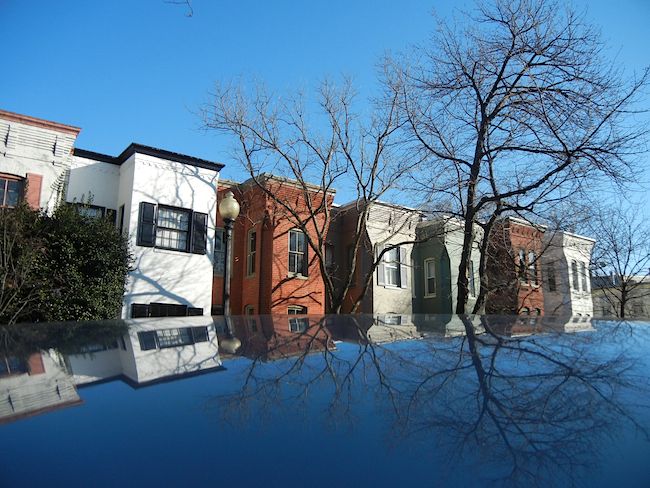
Once upon a time, tennis shoes were not fancy. Before the era of ergonomic, scientific design, there were just Keds-like sneakers and Converse All Star type sport shoes. That was long ago.
I remember buying my first pair of technically futuristic shoes. The salesperson convinced me the shoes would be uncomfortable for awhile as my arch adjusted to being supported, something it had never experienced. I kept wearing them, but my feet were so unhappy. When I mentioned this to my great osteopath/homeopath he said, "If the shoes hurt your feet, don't wear them."
Ah the brilliance of common sense! It wasn't about the shoes, or even my feet. The problem was that my feet and those shoes could not find common ground. They were all wrong together, like Nicolas Cage and Lisa Marie Presley.
No matter how diligently I wore the shoes, no matter how exquisite their design, they were not going to work. Never again have I worn uncomfortable shoes, no matter how great they're supposed to be. Duh!
My doctor's concise summing up of the situation works in many arenas, including the realm of medication. One of the reasons there are so many different kinds of medicine is because nothing works for everyone. Some medicines work for some people but not for others. Some of us are able to benefit from many different kinds of medicine, while for others it's hard to find anything that helps. It's just like shoes. This is one of the reasons health and healing are vexing even to the greatest medical minds of all time. It's complicated.
Do you take medication of any kind? When you take it, does it do what it's supposed to? It's well worth taking the time to notice, because if it doesn't help, it's nothing more than a burden on your poor, overloaded liver and kidneys, nothing more than that. Also take note of "side effects" (brilliant marketing term for the discomforts you would prefer not to suffer). If your doctor says to continue taking the medication even when it doesn't help or makes you feel worse, why not get a second opinion? Well?
Please don't just go off medication without intelligent supervision. Going cold turkey can be as bad for you as continuing to swallow pills that do not keep their promise. Be gentle with your poor body, will you? It's doing the best it can!


